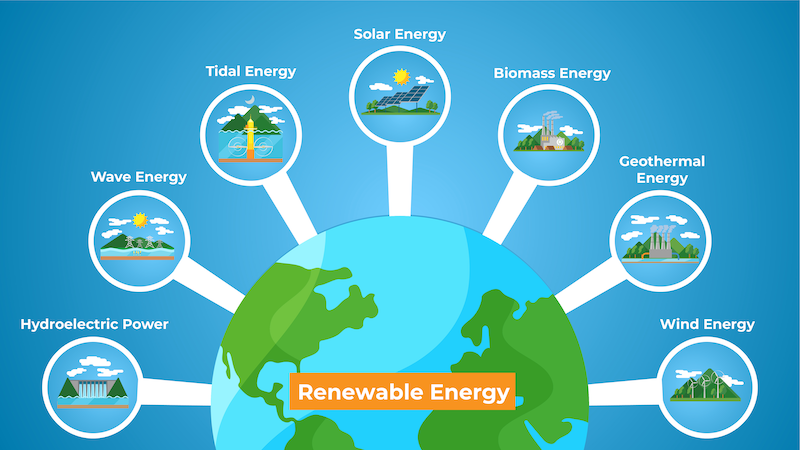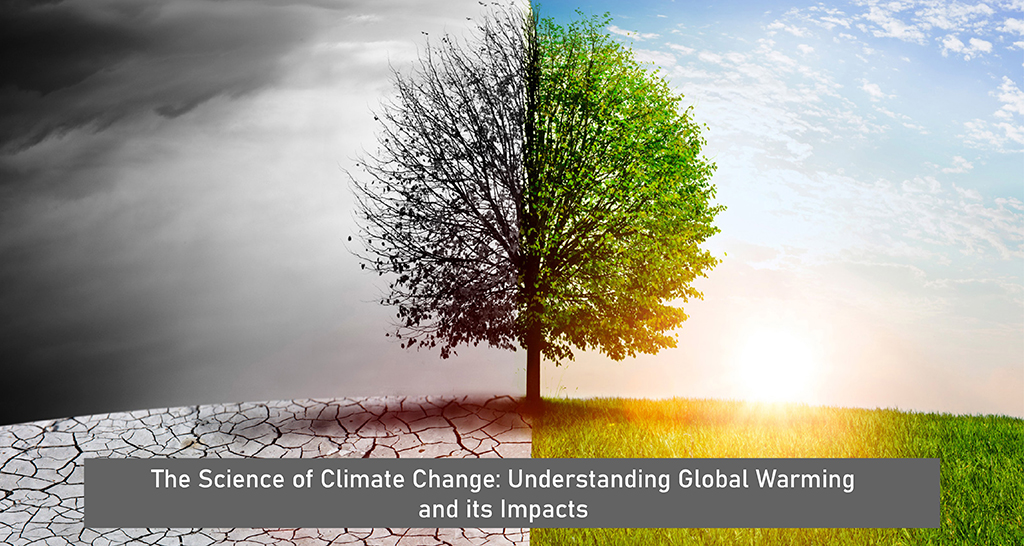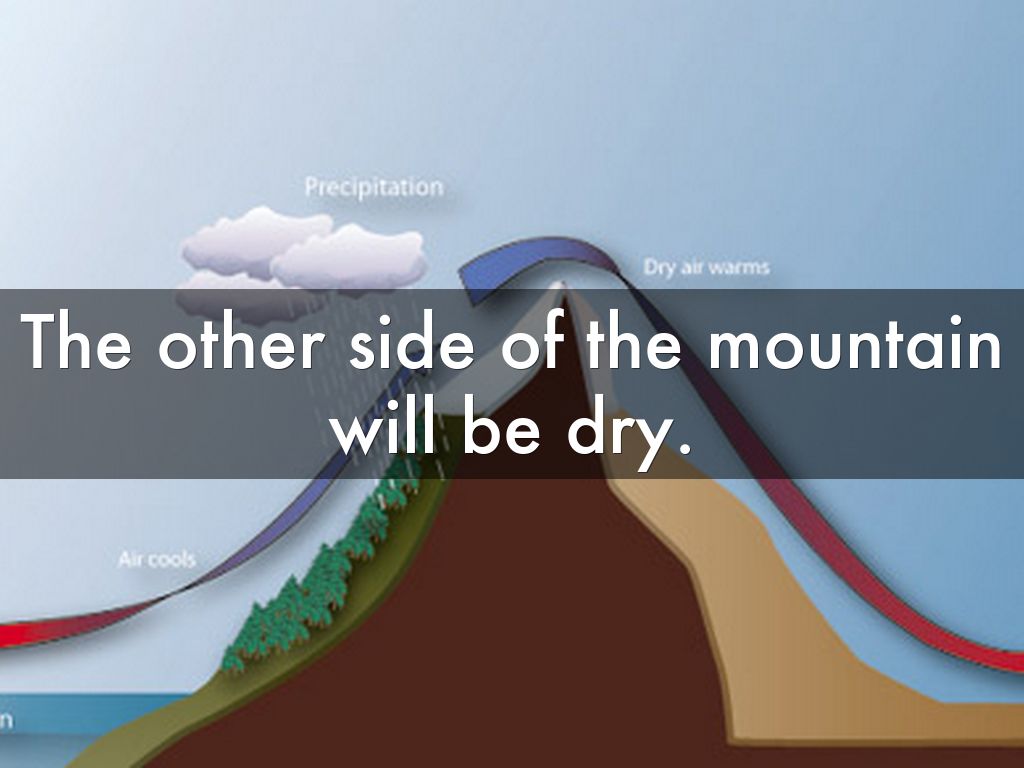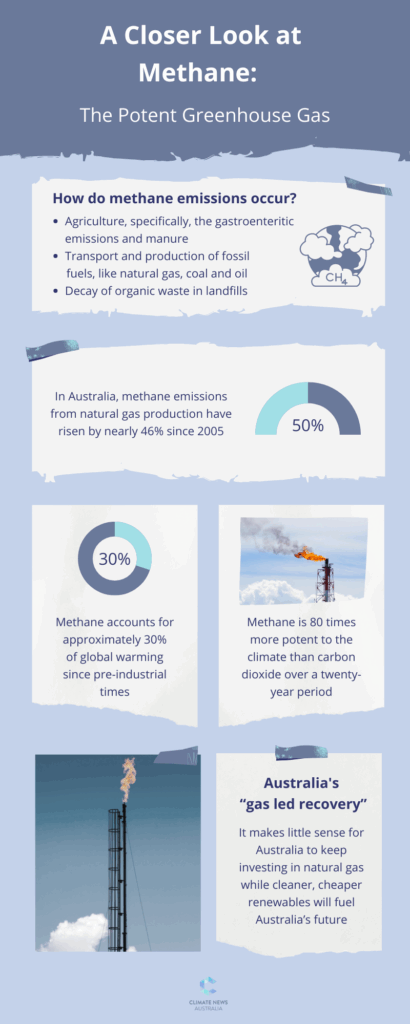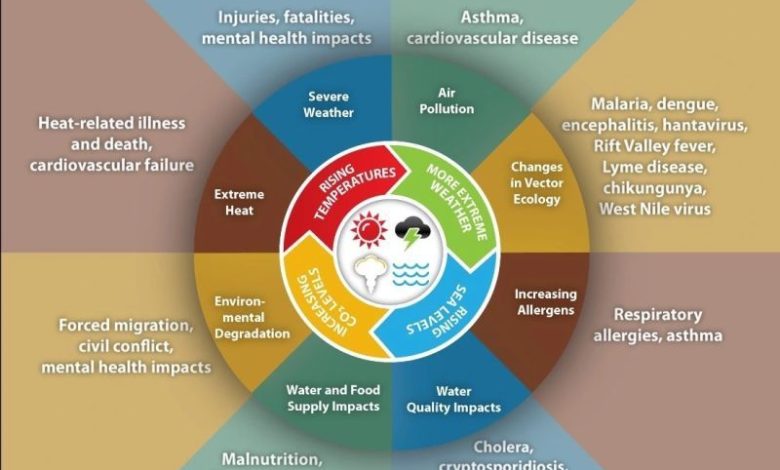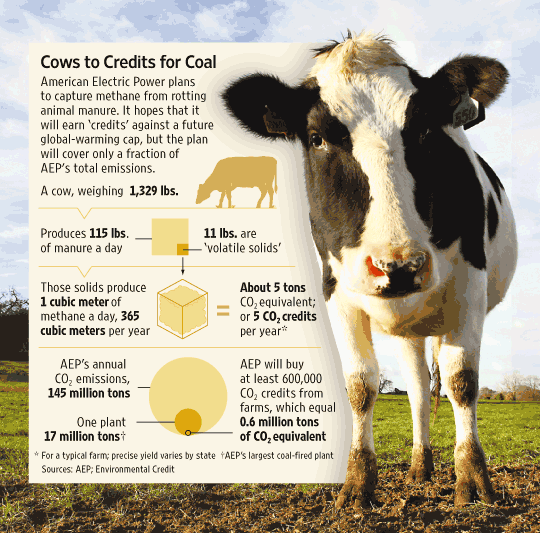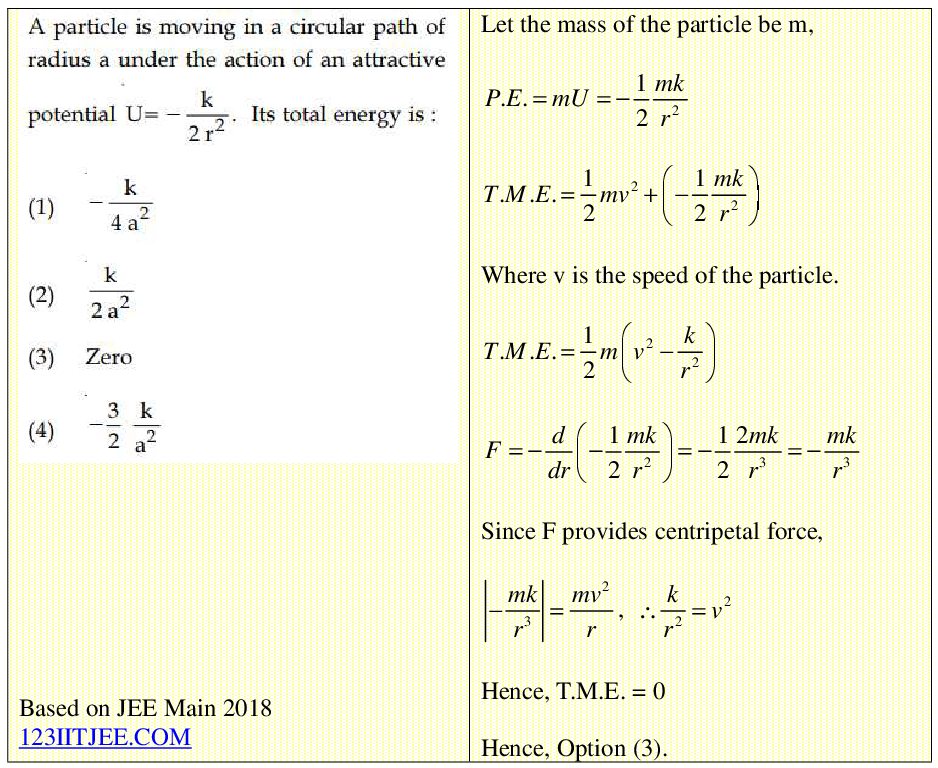Can Renewable Energy Save the Climate? The Science Says Yes
The perilous state of our climate has precipitated an urgent call to action across the globe. With escalating temperatures, rising sea levels, and increasingly erratic weather patterns, the scientific community and environmental advocates alike are clamoring for transformative solutions. Among the myriad of potential remedies, renewable energy emerges as a beacon of hope. This ...
